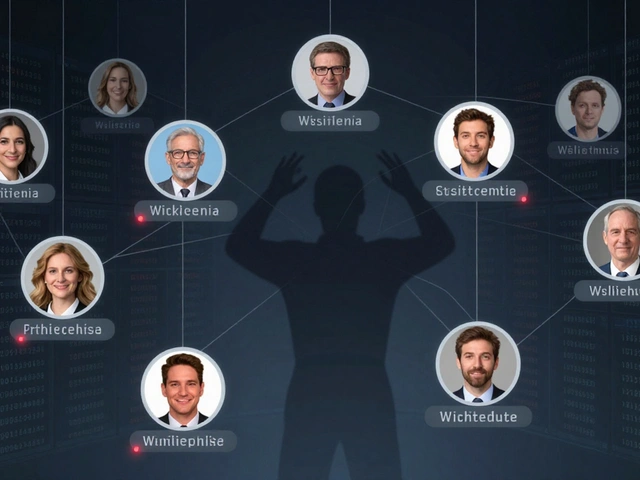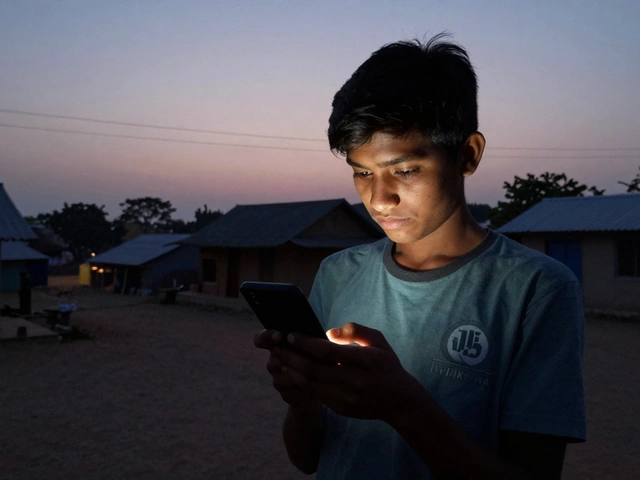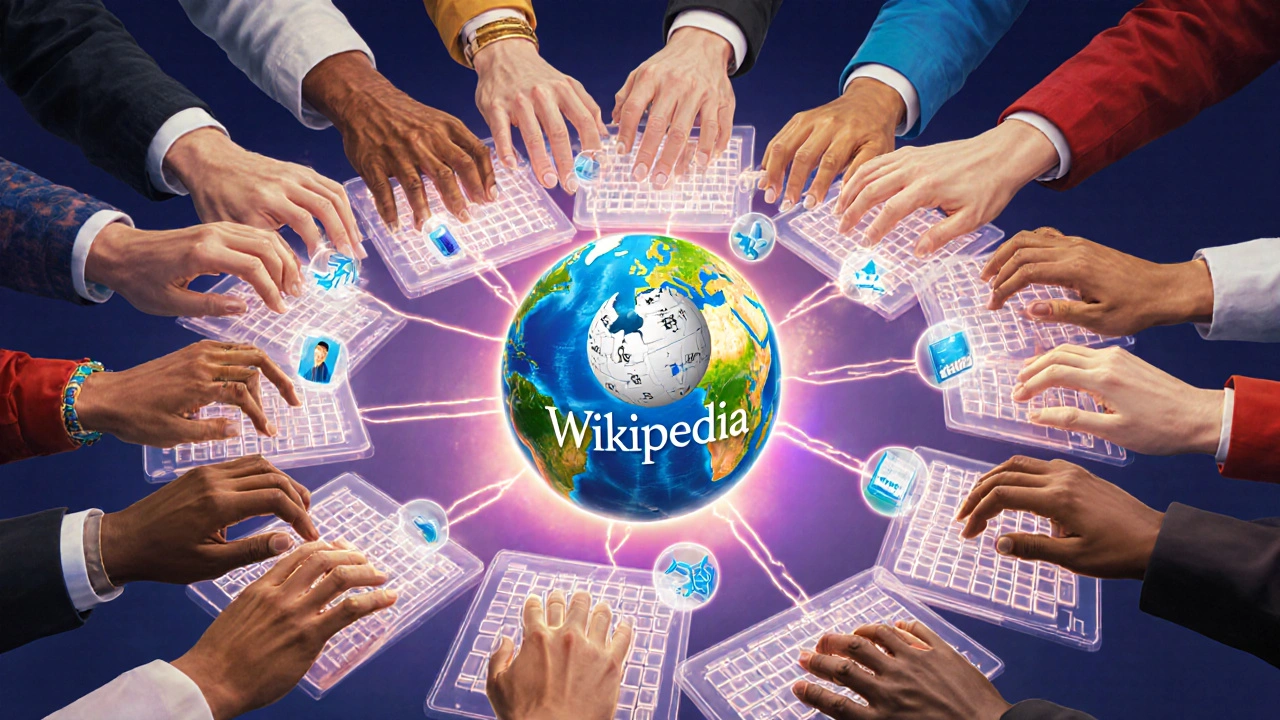
Wikipedia isn’t just a collection of articles. It’s a living, breathing network of volunteers working together to build, fix, and expand knowledge. At the heart of this effort are WikiProjects - organized groups of editors who focus on specific topics, from quantum physics to 19th-century poetry. These aren’t official departments. They’re grassroots teams, often made up of experts, enthusiasts, and casual contributors who care enough to show up week after week.
What Exactly Is a WikiProject?
A WikiProject is a collaborative space on Wikipedia where editors coordinate their work around a shared subject. Think of it like a club, but instead of meeting in a basement, they meet on talk pages, task lists, and article assessment templates. Each project has a main page, usually titled Wikipedia:WikiProject [Topic], where members post goals, guidelines, and lists of articles that need attention.
Some WikiProjects are tiny - maybe five regular contributors. Others have hundreds. They don’t all look the same. Some focus on creating new content. Others fix citations, improve grammar, or tag articles for cleanup. Many run weekly edit-a-thons, assign article reviews, or even host outreach programs to recruit new editors.
What makes them powerful is their structure. Every WikiProject uses standardized tools: article assessment scales (Start, C-Class, Good Article, Featured Article), task lists, and templates that automatically categorize articles. This lets editors quickly see what needs work - and who’s already working on it.
The Top 5 Largest and Most Active WikiProjects
Not all WikiProjects are equal in size or activity. Some have faded over time. Others keep growing. Based on recent editor counts, talk page activity, and article count updates through 2025, these five stand out.
WikiProject Medicine
With over 2,000 active contributors and more than 10,000 articles, WikiProject Medicine is the largest health-focused WikiProject on Wikipedia. It’s not just about writing about diseases. Editors here check every claim against peer-reviewed journals, update treatment guidelines, and flag misinformation. They work closely with medical professionals - doctors, nurses, researchers - who volunteer their time to review content. In 2024, they added over 1,200 new citations from the Cochrane Library and PubMed. This project is why Wikipedia is trusted by medical students and clinics worldwide.
WikiProject Biography
Biographies make up nearly 20% of all Wikipedia articles. WikiProject Biography coordinates the effort to make sure those articles meet high standards. It’s not just about famous people. It includes scientists, activists, athletes, artists - even lesser-known figures who’ve made meaningful contributions. The project has over 1,500 regular editors. They use a strict notability guideline to prevent vanity pages, and they run regular audits to remove unverified claims. One of their biggest wins? Reducing the number of biography articles with no sources from over 100,000 in 2020 to under 25,000 today.
WikiProject History
History is messy. Dates change. Sources get reinterpreted. WikiProject History has 1,200+ active editors who specialize in everything from ancient Mesopotamia to Cold War espionage. They don’t just write articles - they debate them. Talk pages for major historical events can have hundreds of comments, with editors citing primary documents, academic papers, and regional archives. This project is especially active in expanding coverage of non-Western histories. In 2025, they launched a major push to improve articles on African, Indigenous, and Southeast Asian history, adding over 500 new articles in just six months.
WikiProject Films
If you’ve ever checked a movie’s cast, release date, or box office numbers on Wikipedia, you’ve seen WikiProject Films at work. With over 1,000 active editors, this project maintains consistency across 300,000+ film-related articles. They enforce a detailed style guide: how to list directors, how to format box office figures, how to handle international titles. They also track movies that are under-documented - especially indie films, documentaries, and foreign-language cinema. In 2024, they added over 8,000 new film entries from countries like Nigeria, South Korea, and Brazil, helping balance Wikipedia’s Western bias.
WikiProject Chemistry
Chemistry might sound niche, but it’s one of the most technically demanding WikiProjects. With over 900 active editors - many of them PhD students and lab researchers - this group ensures accuracy in everything from molecular structures to chemical reactions. They use specialized tools to verify chemical formulas, CAS numbers, and IUPAC nomenclature. Errors here can mislead students and professionals alike. In 2023, they partnered with the Royal Society of Chemistry to cross-check 5,000 compound pages. Since then, over 95% of chemistry articles now include verified data from authoritative databases.
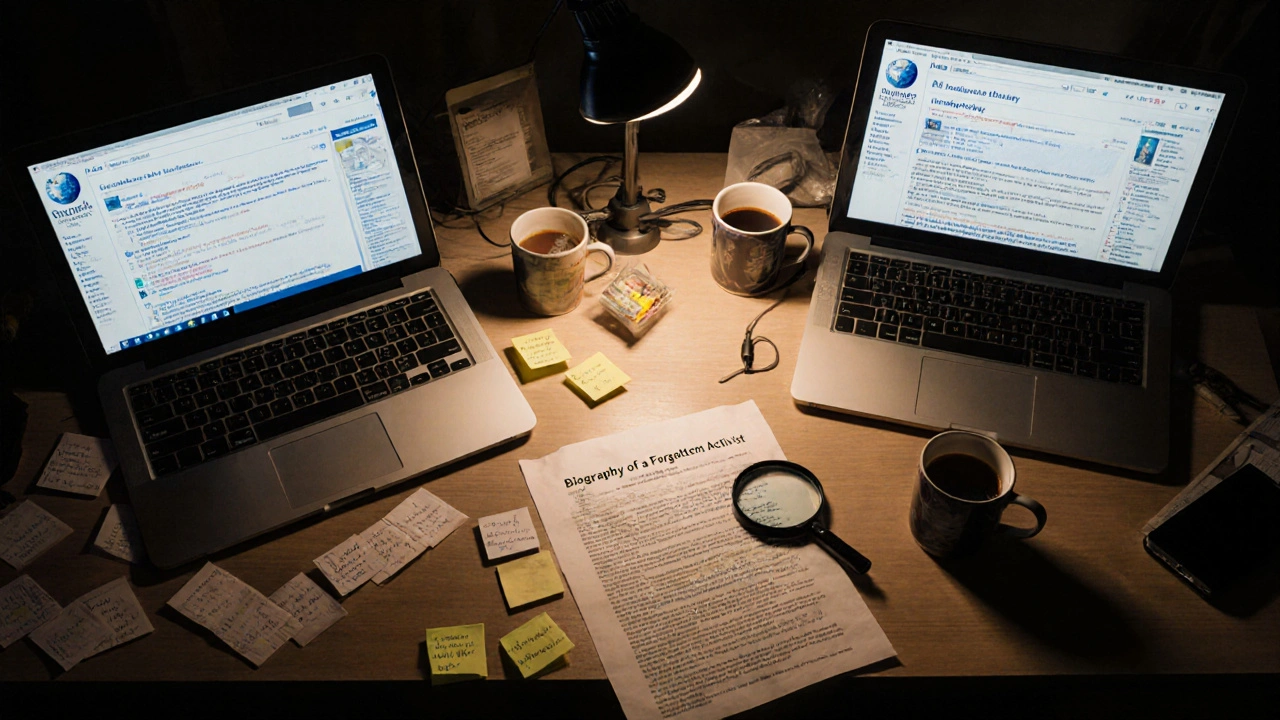
How to Find and Join a WikiProject
Want to get involved? It’s easier than you think. Start by going to Wikipedia:WikiProject - that’s the main directory. You’ll see a list of over 2,000 projects, sorted by category: science, arts, geography, people, and more.
Here’s how to pick one:
- Look for projects with recent activity - check the talk page or recent changes.
- Find one that matches your interest or expertise. Don’t pick something just because it’s big. Pick something you care about.
- Visit the project’s main page. Read their goals and guidelines.
- Sign up on their participant list (usually at the bottom of the page).
- Start small: fix a citation, add a missing date, or tag a poorly written article.
You don’t need to be an expert. Many editors start by correcting typos or adding references from books they already own. The community rewards consistency, not perfection.
Why WikiProjects Matter More Than Ever
Wikipedia is under pressure. Misinformation spreads fast. Algorithms favor sensationalism. But WikiProjects are the quiet counterweight. They’re the reason Wikipedia still has a reputation for reliability - even as other platforms collapse under fake news.
These groups don’t get headlines. No one tweets about the 30 editors who spent a month fixing all the dates in articles about the Korean War. But their work keeps the foundation solid.
And they’re adapting. In 2025, several WikiProjects started using AI tools to flag potential errors - but only as assistants. Human editors still make the final call. That’s the key: technology supports, but doesn’t replace, human judgment.
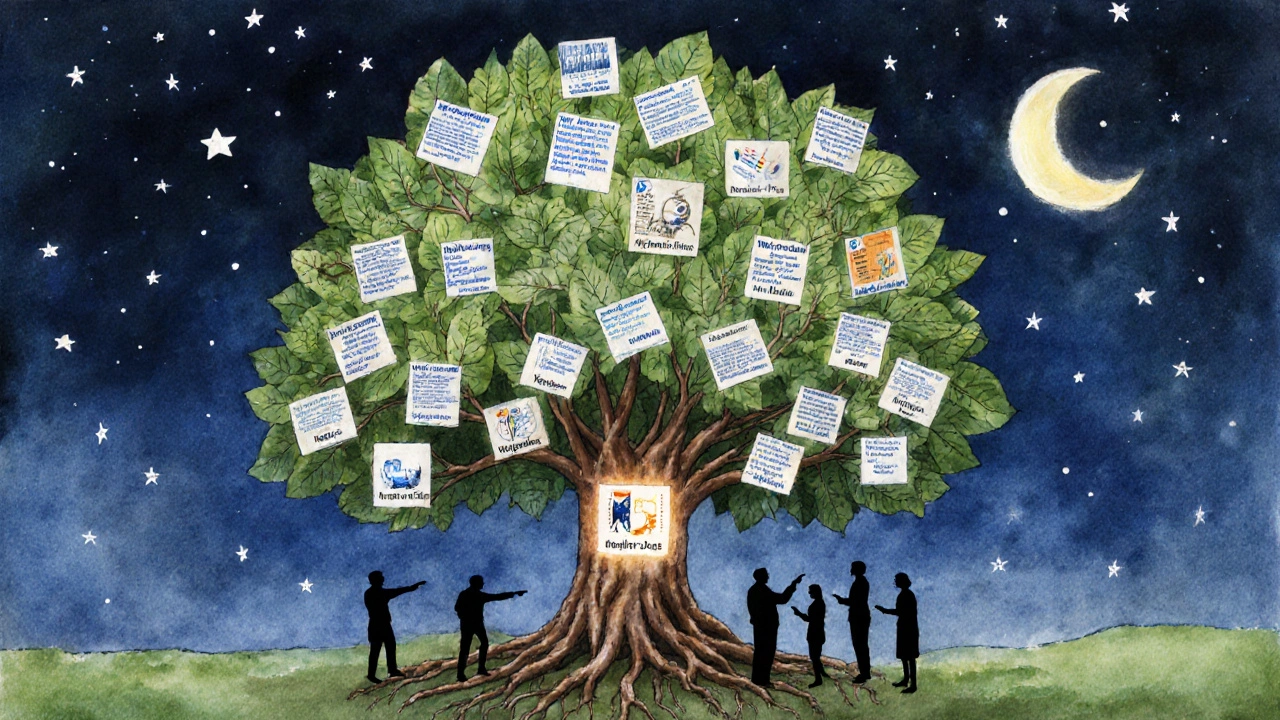
Common Myths About WikiProjects
There’s a lot of misunderstanding about how these groups work.
- Myth: WikiProjects are run by Wikipedia staff. Truth: They’re entirely volunteer-run. No one gets paid.
- Myth: Only academics can join. Truth: Many top contributors are high school students, librarians, or retirees.
- Myth: They’re full of infighting. Truth: Disagreements happen, but most projects have clear conflict-resolution steps. Most editors just want to get things right.
- Myth: They’re only for English Wikipedia. Truth: Every language version has its own WikiProjects. The Spanish, German, and Japanese ones are just as active.
What Happens If a WikiProject Dies?
Some projects fade. Maybe the topic becomes less popular. Maybe the core editors move on. When that happens, the project page stays archived. Articles don’t vanish - they just stop getting updates. That’s why it’s important to join active ones. If you care about a topic, don’t wait for someone else to fix it. Start contributing.
There’s no reward system. No badges. No trophies. But if you’ve ever looked up a medical condition and found a clear, well-sourced article - that’s the result of a WikiProject. And you helped make it happen.
How do I know if a WikiProject is still active?
Check the project’s talk page or recent changes. Active projects have regular edits, new task lists, and discussion threads from the past 30 days. Look for editors who’ve contributed in the last week - that’s a good sign. Avoid projects where the last edit was over a year ago.
Can I start my own WikiProject?
Yes, if there’s no existing project for your topic and you have at least five other editors willing to join. Create a draft page under Wikipedia:WikiProject [Topic], outline your goals, and post it on the WikiProject noticeboard. If others agree, it can be officially recognized. Most new projects start small - even one person with a clear plan can spark growth.
Do WikiProjects have any authority over article content?
No. WikiProjects don’t have special power to delete or lock articles. They offer guidance, review, and suggestions. Final decisions on content are made by any editor following Wikipedia’s policies. But because WikiProjects build consensus around best practices, their recommendations are often followed - especially if they’re backed by reliable sources.
Are WikiProjects only for English Wikipedia?
No. Every language version of Wikipedia has its own set of WikiProjects. The German Wikipedia has over 1,500 active projects. The Japanese one has strong coverage in anime, manga, and traditional arts. If you speak another language, you can join or even create a project in your native tongue.
How much time do I need to contribute to a WikiProject?
As little as 15 minutes a week. Many editors fix one citation, update a date, or add a reference during a coffee break. You don’t need to write entire articles. Small, consistent edits add up. Some people contribute daily. Others once a month. All of it helps.
If you’ve ever used Wikipedia to learn something - whether it’s how a vaccine works, who won the 1972 World Series, or how to identify a mushroom - you’re already benefiting from WikiProjects. Now it’s your turn to give back.
